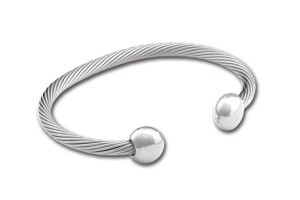When it comes to marketing, not a lot of attention usually goes to ethics. More often than not, a marketer focuses on the desires and needs of the customer and strategises on how to emphasise and communicate the value of a particular product/service. Along the process, the marketing of that product/service may compel the customer to buy it and allow the customer to either feel good, or even bad, about themselves. There are existing ethical issues in marketing and drawing the line of what type of advertising is good or bad may be very tricky.
An example of an unethical marketing strategy is false advertising. There are a set of marketing regulations which firms should comply by, such as the Code of Ethics and Standards of Practice by the Canadian Marketing Association. According to these rules, “Marketing communications must be clear and truthful. Marketers must not knowingly make a representation to a consumer or business that is false or misleading.” However, some companies have violated these rules and go through the legal consequences of doing so.
In the early 2000s, there was a growing trend towards the use of “ionized” bracelets. The most renowned company that produces these types of bracelets is called Q-Ray. The company proposes that these bracelets help “provide significant pain relief from arthritis and other chronic conditions”. In addition, they propose that it helps increase strength, vitality, endurance, flexibility, etc. A brand called Power Balance also developed a similar type of wristbands are endorsed by some of the world’s top athletes and celebrities. These claims generated some skepticism and criticisms due to the lack of scientific backing, which led to the Federal Trade Commission investigation and a $87 million dollar ruling against the false claims of Q-Ray bracelets. The FTC started giving out 250,000 refund checks to consumers who were misled by the company. 
